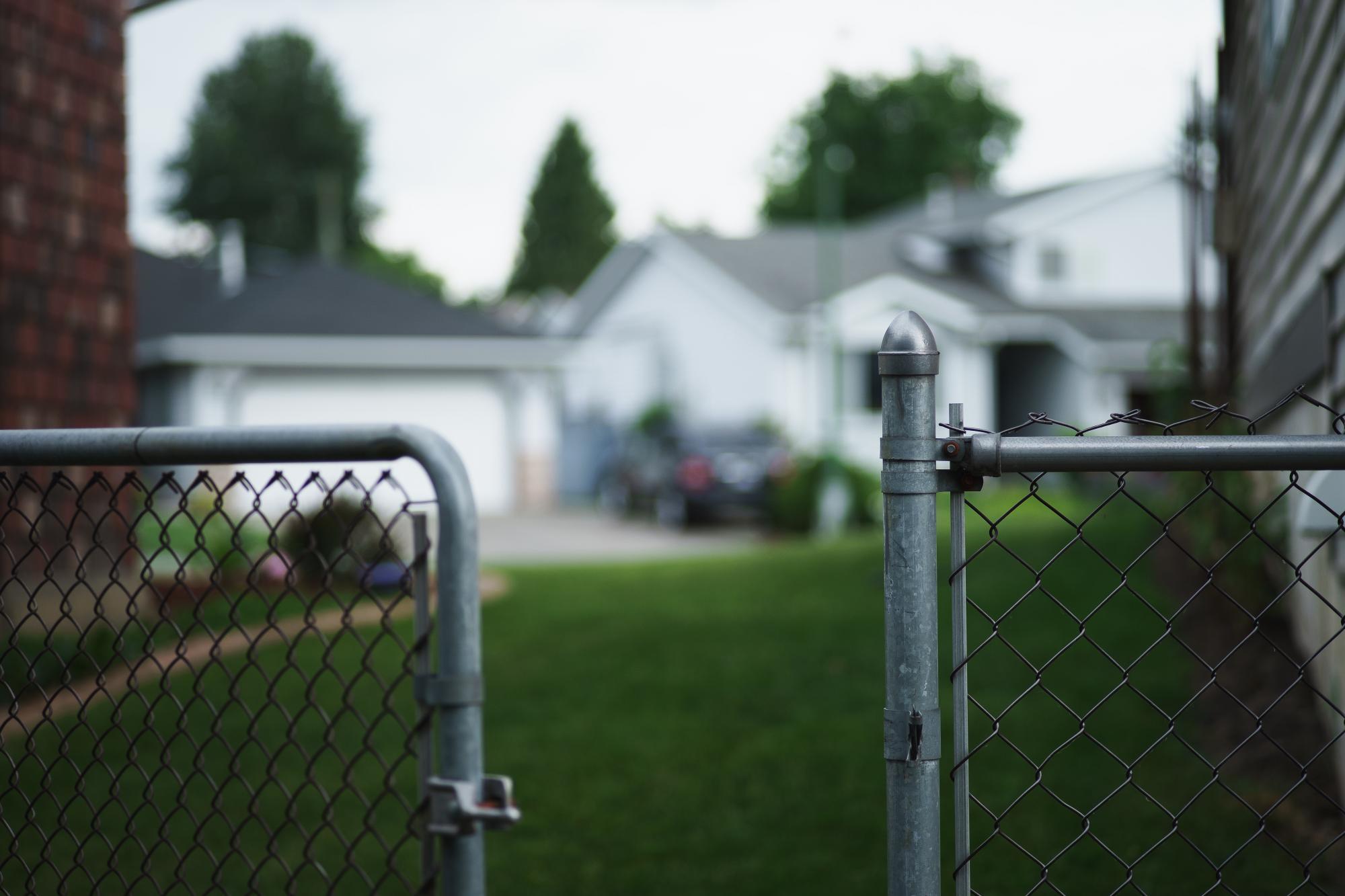Home Inspections 101

Your offer might have been accepted, but don’t clink your champagne glasses just yet! It’s exciting to become a home owner, but every house will have it’s issues.
The prospect may seem daunting at first, but a home inspection is a necessary evil to make sure you know all of the home’s problems up front. You may even be able to negotiate that the seller cover the cost of some of the repairs.
Here’s everything you need to know about home inspections:
-
Here’s what home inspectors cover:
A home inspector will look through a house with a fine-toothed comb to point out any issues there might be. Some of the things they check include:
- Indoor electrical systems
- Heating and cooling systems
- Leaky plumbing
- Structural cracks
- Chimney issues
- Roof structure
- Support structure of the home
- Condition of water heaters
- Attic and insulation
- Doors and windows
- Presence of mold
2. Buyers are responsible for inspections
If you’re waiting on the seller to plan a home inspection, you’ll be waiting a while. It’s the buyer’s responsibility to hire a home inspector, pay for a home inspection and plan a time for the inspector to come out to the house. Even though you may think that the seller should pay for this, it’s really to your benefit to have the home inspector working for you. Then you can rest assured that the home inspector is doing their best job and giving you a sincere report.
2. Inspections aren’t required
Having a home inspection is optional, but is a really great idea for a home buyer. Inspections let you know up front if there are any issue with the home. In the event that there are issues that will require repair, you may be able to negotiate with the seller to have them cover some or all of them.
3. You can’t have just anyone inspect your home
Say you have a contractor friend or family member. Even though they may have a lot of experience with homes, they don’t have the certification required to inspect a home. Inspectors must be certified because they are specifically trained to identify issues, even small ones, that could cause a problem down the road. If you don’t know where to start, check with your realtor and see who their recommendations are.
4. Buyers can attend inspections
The home inspection is your chance to ask a professional any questions you have about the home and its condition. Just reading the home inspection report isn’t as good as seeing the issue in person and having someone there to explain its implications. Be sure to set aside several hours to follow the inspector and learn what there is to know about the property.
5. Ask for (and read!) your home inspection report
A home inspection report isn’t like Apple’s Terms and Conditions Agreement that you can just gloss over. A good inspector will send you a report that will cover in words what they talked with you about in person. The report will usually also include photos. Read over it thoroughly so you can know where you are before negotiating repairs.
6. You can walk away after inspections
Most issues that typically come up during inspections are fixable. But what happens if the seller refuses to cover repairs or if the issue is something like toxic mold or serious foundation damage? Fortunately as long as you let them know during the inspection timeframe and have a legitimate reason, you can walk away from the transaction. Most often in this case, you can leave without much issue except you may lose your earnest money. Consult with your realtor before making any rash decisions, but don’t worry in the event that the report comes back with problems.

